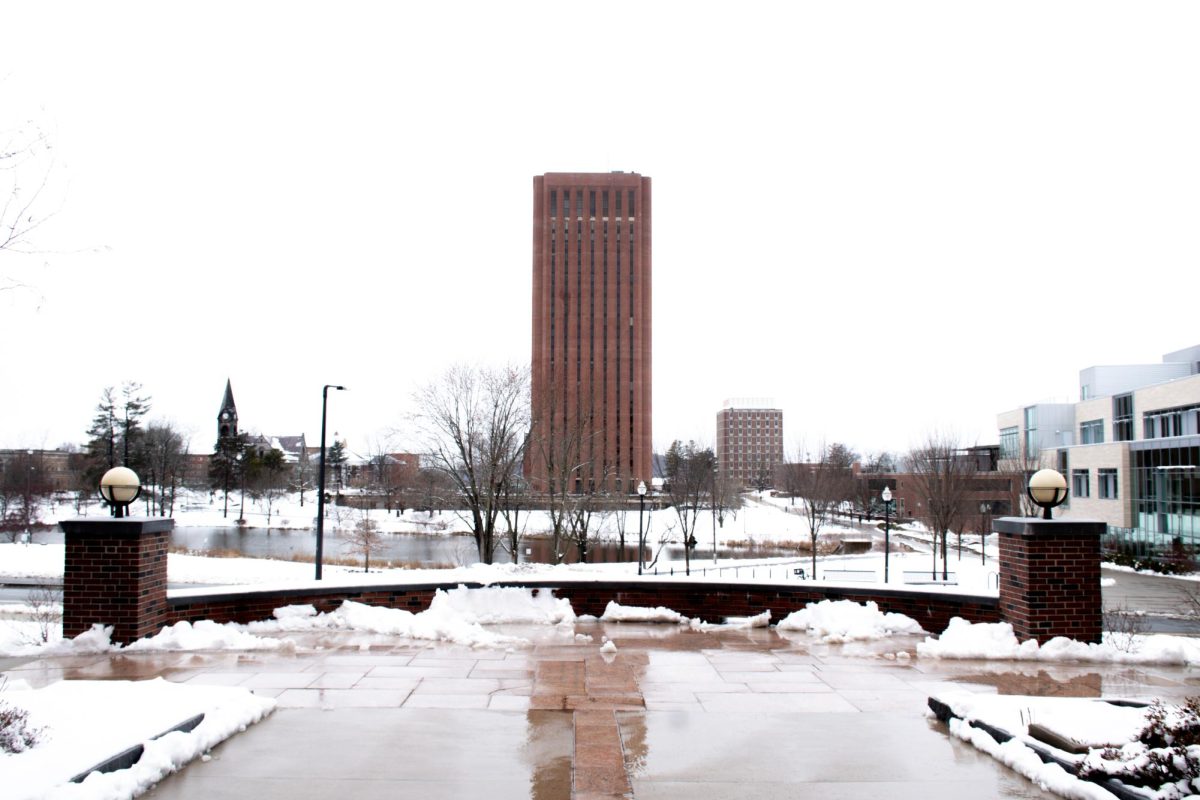As a first-generation college student, my parents didn’t attend college; they were able to provide my siblings and me with everything we needed to grow up comfortably. In just one generation, however, obtaining a bachelor’s degree has become a minimum requirement for many jobs, and graduate degrees are becoming more sought after. In high school, my peers and I hyper-fixated on building our college resumes, and now I watch us do the same as we worry about building ourselves to be the ideal candidate for a graduate program or prestigious entry-level job immediately upon graduating.This ever-increasing competition within our education systems and job markets is in some ways a result of our societal culture, which values efficiency and financial success above all else. While it is a good thing that people are aiming to do more at younger ages, a continued emphasis on technological integration in tandem with a system which discourages exploration has created a culture which pushes students to focus on the result over the process.
We can look to the increased enrollment of STEM majors going into undergrad programs. Of course, some of this uptick is likely a result of increased opportunity for women and minorities within the science and technology realms, which is a positive — though this progress may also be less extensive than we think. In my experience, many students will simply say they are in these fields “for the money.”
While this itself may not be a major issue, a lack of intrinsic motivation coupled with recent integration of online lectures and tests could have potentially detrimental effects on the work ethic required to undertake a higher degree. Additionally, the strict timeline of many major curriculums puts pressure on students to stick with one path by any means necessary which opens the door for technology to be used as a crutch.
In an earlier era of higher education, where less technological resources were available to students, the hard work necessary to obtain a degree was more likely to spring from passion. It is much more tedious and intimidating to face complex coursework when you have no interest in it. Our current era of integrating remote learning methods and technology that is too new to be properly regulated makes it tempting to scrape by in pursuit of a major that you may not actually enjoy.
Whether it be computer science students utilizing ChatGPT to fill in code, humanities students writing essays with the help of artificial intelligence or biology students taking online exams that do little to test comprehension — but instead the ability to look up answers under a time crunch — we all have access to many shortcuts. This makes us more likely to stop short from discovering whether we have chosen the major best suited for us. Given the time and money we commit to college, it is worth sacrificing some efficiency and slowing down to consider the full breadth of paths we have available.
I am by no means placing the blame for the normalization of technological shortcuts on my generation — we have grown up in a system that places value on grades and practical success more than personal fulfillment. The issue here lies in that system, which is much bigger than the college setting and is made of many flawed moving parts. We have grown used to a detached, depersonalized mode of learning and working, especially since the pandemic, that has the potential to do generational damage to our workforce.
Our culture of hyper-fixation on efficiency is a blessing and a curse. The technological and scientific breakthroughs that result from pushing boundaries are indisputably valuable, but our already warped work-life balance is beginning to impede on young individuals before they can grow into their passions.
The system needs to be reevaluated and redesigned in the way it funnels out each generation of graduates like a production line. The human aspect of a college education needs to be reprioritized. College is not supposed to be a time of solely educational growth, but social growth and real-word experiences — ones that do not come from a Zoom with faceless squares or a test that can be taken from bed.
Devon Chichester can be reached at [email protected].



















